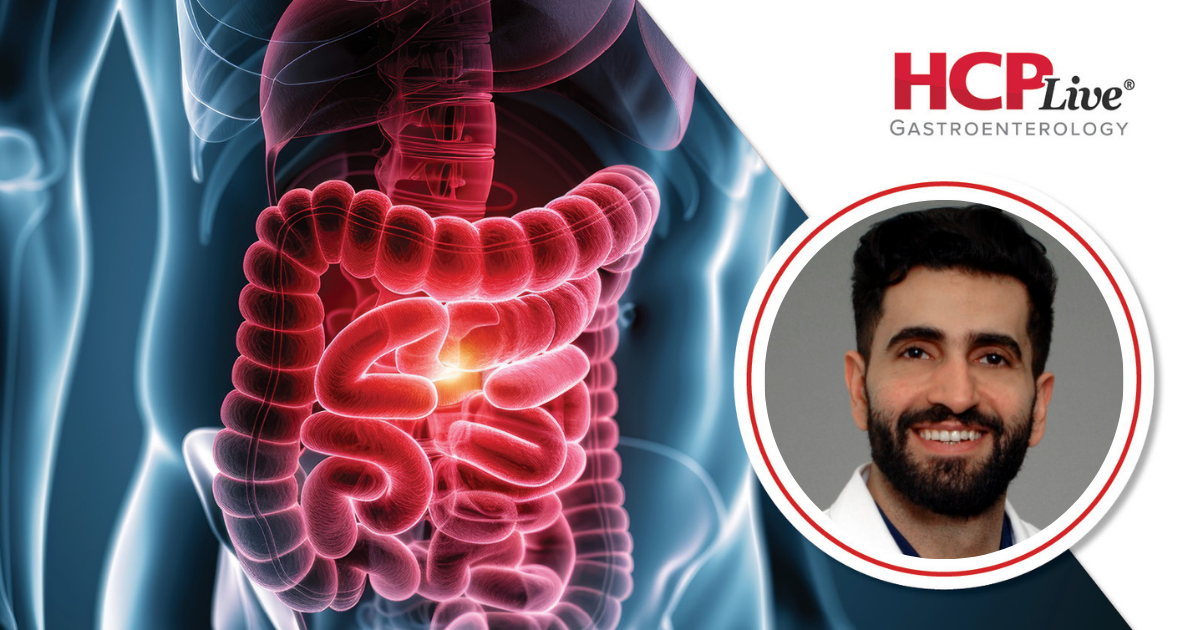BREAKING: New research from the OCULUS trial reveals that continuing GLP-1 and GIP agonists before upper endoscopy significantly heightens the risk of clinically relevant residual gastric volume (CR-RGV). This urgent finding was presented by Akram Ahmad, MD, a gastroenterology fellow at Cleveland Clinic Florida, at the American College of Gastroenterology (ACG)’s 2025 Annual Scientific Meeting.
The study highlights a critical decision point for patients: holding a single dose of these medications may substantially reduce the risk of CR-RGV, which can hinder proper examination during endoscopic procedures. 60 patients participated in the trial, and interim results indicated a marked increase in stomach volume among those who continued their medication.
Ahmad stated, “The clinical implication is that continuing the medication doesn’t sound like a safe option, because there is at least a 1 in 4 chance that your patient would have a high volume in the stomach.” This statistic underscores the urgent need for reconsideration of pre-procedure medication guidelines.
In a significant shift, the American Society of Anesthesiologists (ASA) updated its guidelines in 2024, stating that most patients may safely continue GLP-1 RA therapy prior to procedures. This contrasts with earlier recommendations from 2023, which advised against it. The new guidance emphasizes shared decision-making between patients and their care teams.
The OCULUS trial’s findings are particularly relevant as the popularity of GLP-1 medications continues to surge across various medical fields. Investigators conducted the trial at two tertiary centers, aiming to determine whether holding the medication before endoscopy would be non-inferior to continuing it.
Results indicated that CR-RGV was significantly greater in the group that continued therapy, prompting the study’s early termination due to safety concerns. Notably, no cases of CR-RGV occurred in patients who underwent colonoscopy while on a clear liquid diet, highlighting the potential effectiveness of dietary adjustments.
The implications of this research extend beyond gastroenterology. Ahmad emphasized the heightened risks in other specialties, stating that without proper guidelines, there is a significant chance of complications related to gastric volume during procedures.
As healthcare professionals and patients alike await further guidance, these findings present a crucial turning point for pre-procedural care, stressing the importance of reevaluating medication practices to ensure patient safety.
Stay tuned for more updates as this story develops.







